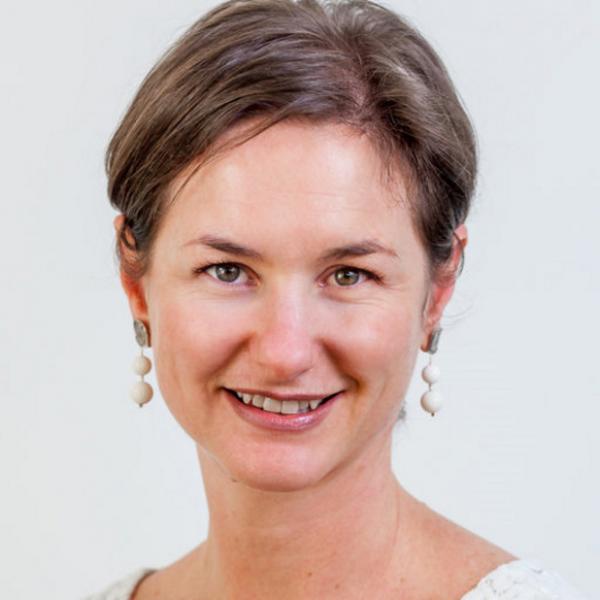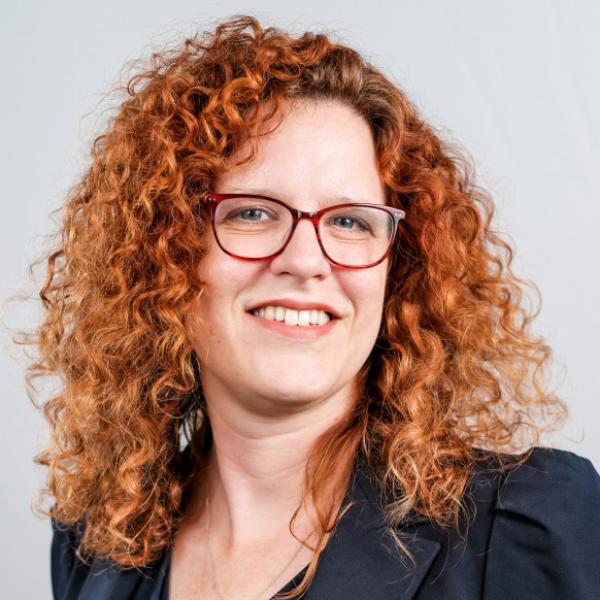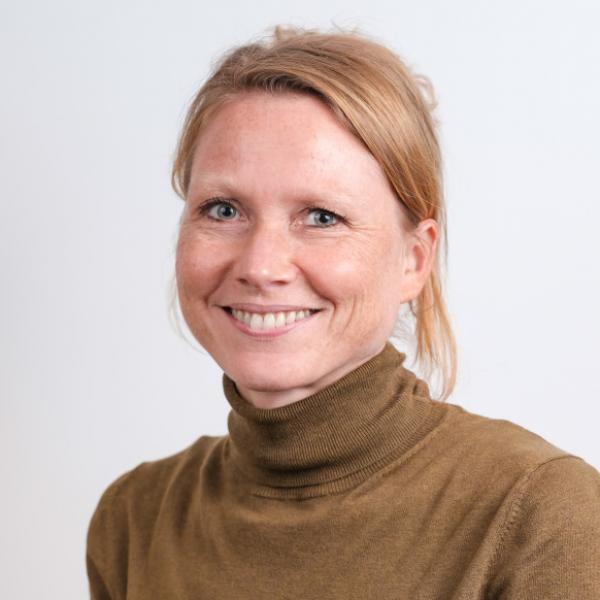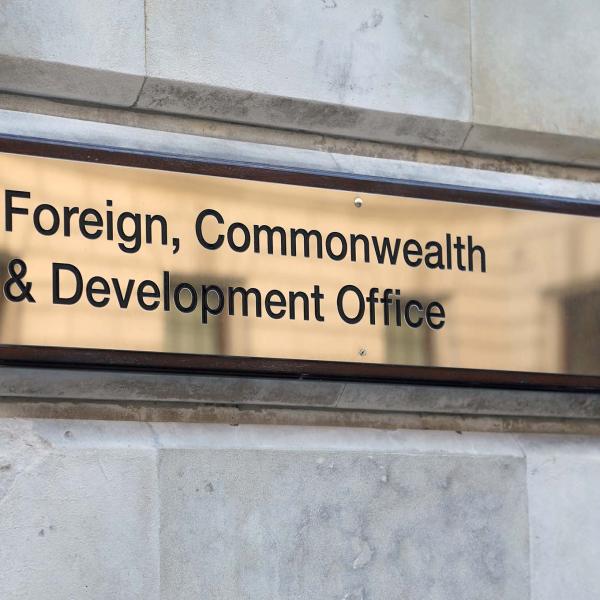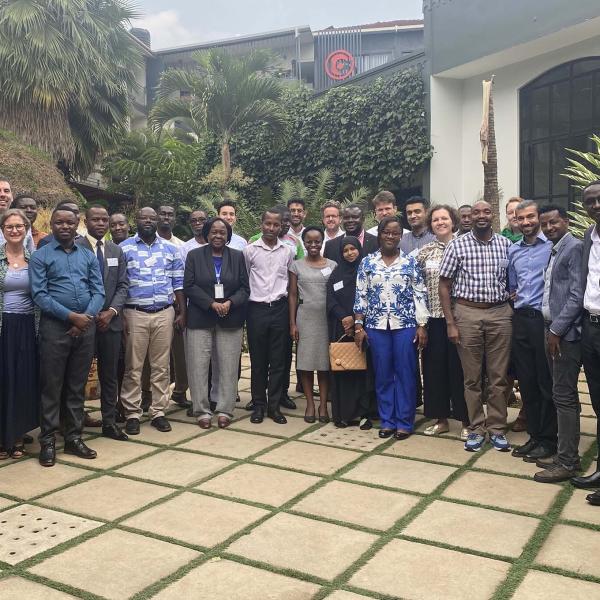This webinar was co-organised by the Federal Ministry of Water Resources (FMWR), Covenant University (Nigeria), The World Bank, Royal Holloway University of London (RHUL, UK), and the International Development arm of the Institute for Fiscal Studies (IFS, UK).
It aimed to provide a platform for a deep dive on relevant evidence and lessons learnt from Nigeria and elsewhere to inform the Clean Nigeria Campaign.
The first session of this workshop focused on rural households’ investments on sanitation. It started by discussing the impact of two interventions to reduce open defecation and increase toilet ownership among rural households through randomised control trials, implemented by WaterAid in Ekiti and Enugu state, and evaluated by researchers from RHUL and IFS. These are:
- Community-led Total Sanitation (CLTS), a participatory community intervention that has been widely rolled out across developing countries
- Sanitation marketing, which aims at stimulating the supply and quality of sanitation products marketed to households
Lessons learnt from India on alleviating financial constraints for sanitation using subsidies and microcredit instruments, arising from collaborative research between IFS and the WB, were then synthesised.
The second session focused on the role of WASH on child health and development. IFS researchers first presented research on the importance of addressing both WASH and nutrition practices to curve stunting and improve child health using data from the Philippines. Covenant University researchers further presented findings on WASH infrastructure and hygiene behaviour in informal and formal daycare centres in Ogun state, filling a knowledge gap about WASH in preschool settings. These settings play a key role in providing a healthy early child environment, with large potential to improve health and mortality of children under 5 years and yield lifelong well-being returns.
You can watch the full webinar and find links to all related materials below:
Introduction and welcome
By Mr Emmanuel Awe, Director for Water Quality Control and Sanitation in the FMWR
Session 1: Intervention effectiveness aimed at households' investment in sanitation
Presentation 1: Community Matters - does CLTS work in rural Nigeria?
By Dr Laura Abramovsky, IFS
- Download the presentation.
- Read the academic paper here.
- Read the IFS Observation, ‘Community-Led Total Sanitation efforts lead to more construction and use of toilets, reducing open defecation, in poorer and more isolated communities’ (May 2019) here.
- Other resources:
Presentation 2: Sanitation Marketing – evidence from Nigeria.
By Dr Britta Augsburg, IFS
- Download the presentation.
- Academic paper being currently written, working paper expected to be available in March 2021.
- The project’s final report, which covers both CLTS and SanMark, can be found here.
Presentation 3: Household finance for sanitation – lessons from India.
By Dr Bansi Malde, University of Kent and IFS
- Download the presentation.
- Read the academic paper on labelled loan here, and on complementarity between loan and SBM subsidy scheme here.
- Read the World Bank Policy brief on both studies here.
Reactions and discussion
- Chair: Dr Juan Pablo Rud, Royal Holloway and IFS
- Bioye Ogunjobi, UNICEF
- Danielle Pedi, The Gates Foundation
Session 2: WASH in childhood
Presentation 1:Children’s health: potential benefits of improving nutrition and WASH.
By Angus Phimister, IFS
- Download the presentation.
- Read the academic paper here.
- Other resources:
- GlobalDev Blog (June 2020), ‘Children’s health: potential benefits of improving nutrition and hygiene’ here.
Presentation 2:WASH environments in Nigerian preschool settings.
By Dr Isaac Akinwumi, Covenant University
Reactions and discussion
- Chair: Prof Melanie Luhrmann, Royal Holloway and IFS
- Ada OkoWilliams, WaterAid
- Claire Chase, World Bank
More studies on sanitation can be found here, the page dedicated to health and sanitation in developing countries within the international development arm at the IFS.
The Nigerian-based research was conducted with funding from the Bill and Melinda Gates Foundation, the ESRC Centre for the Microeconomic Analysis of Public Policy and the UK Royal Academy of Engineering. It involved collaborations between WaterAid London and Nigeria, Nigeria’s WASH officials, the Institute for Fiscal Studies, Royal Holloway, University of London, and Covenant University in Ota.
